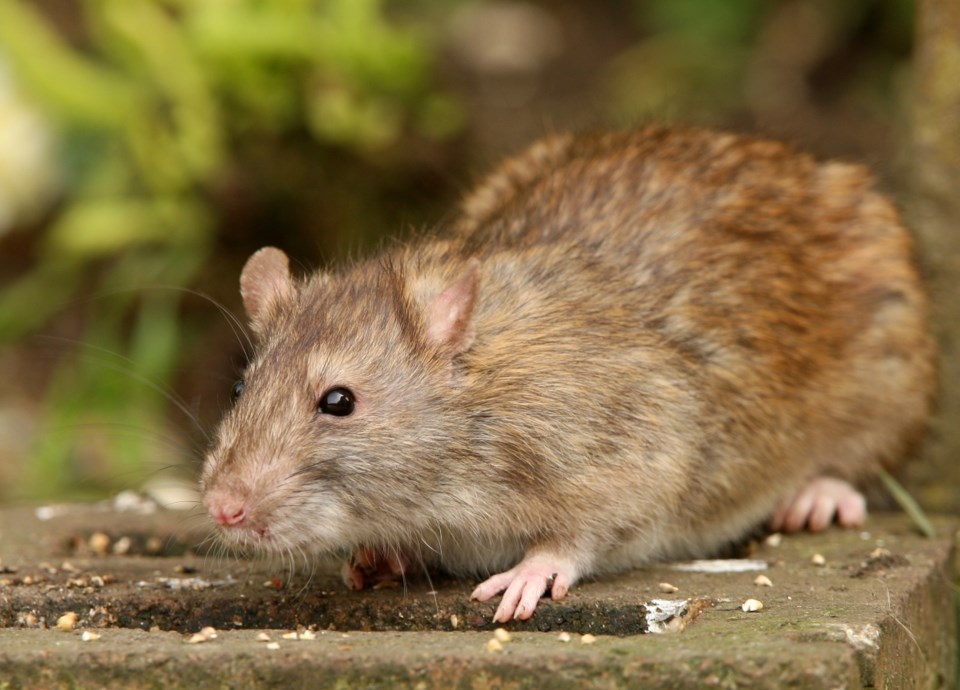Richmond is considering banning the use of rat poison for one year on city-owned property to see if other methods are effective in managing rodent populations and its impact on local wildlife.
The city’s existing rodent management program is centred on the use of anticoagulants, which is inexpensive and doesn’t require much staff oversight, according to a city staff report.
The annual cost of using non-pesticide methods, such as snap traps, will be $67,000.
Banning rat poison first came up at city council in July, a motion brought forward by Coun. Michael Wolfe, but it was referred back to staff to collect more data.
Anticoagulant rodenticides are used to kills rats, mice and other rodents and are typically put out in bait stations using flavours such as ground meat or vegetables to attract animals.
But when the anticoagulants are used improperly, they can enter the food chain and poison other animals.
“Effects from anticoagulants on local wildlife including raptors are widely noted, which suggests that these substances are entering Richmond’s animal food chain regularly,” the report reads. “Some instances of accidental human poisoning due to the improper maintenance of bait stations on private property was also noted by staff.”
The report notes there’s limited information on the distribution of rodents in Richmond, as well as the effectiveness of anticoagulants in managing rodent populations.
An evaluation of 12 city-owned sites found “low-medium” mice and rat populations but it isn’t clear if that’s due to the use of anticoagulants,
Moving away from anticoagulant use will cost the city more and require additional staff time, the report states. For example, monthly service calls will be increased to weekly and/or biweekly, which will “diminish resources to respond to other building related matters.”
If there are infestations during the one-year program, anticoagulants may be required to manage them, the report cautions.
If passed, the motion will also direct city staff to develop an integrated rodent management program for public and private properties and to write to B.C.’s Ministry of Environment, asking for a review of the province’s policies around the retail sale of rodenticides.
The motion is on the agenda for next week’s public works and transportation committee meeting.



